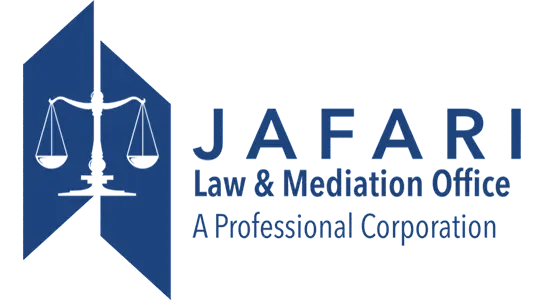Determining spousal support can be a complex process, particularly when questions arise about a spouse’s employment status or earning potential. One tool that courts may use to address these issues is a vocational evaluation. This evaluation is essential when there is a dispute regarding a spouse’s ability to work or when a party requests to modify existing spousal support due to changes in circumstances, such as job loss or reduction in income.
What is a Vocational Evaluation?
A vocational evaluation is an assessment conducted by a vocational expert to determine an individual’s ability to obtain and maintain employment. This process can be ordered by the court for either the party receiving support or the party paying support, depending on the situation.
For the receiving spouse, a vocational evaluation aims to determine their earning potential, especially if they are unemployed or underemployed. For example, a recipient spouse who has been out of the workforce for a significant period may undergo this evaluation to assess their ability to find suitable employment and estimate their potential income. If the evaluation indicates that the recipient spouse can earn a reasonable income, the court may impute this income to them, potentially reducing the amount of spousal support they receive.
Conversely, for the paying spouse, a vocational evaluation may be ordered to evaluate claims of inability to pay due to alleged unemployment or underemployment. If the paying spouse argues they cannot afford the support because of a lack of income or lower income, a vocational evaluation assesses their actual earning capacity. If the evaluation reveals that the paying spouse can earn more than they claim, the court may impute a higher income to them, potentially increasing their support obligation.
Choosing a Vocational Expert
The selection of a vocational expert is a crucial step in the evaluation process. Often, the parties involved in the case may agree on a vocational expert, who must then be approved by the court. Trust in the expert’s neutrality and expertise is essential for both parties. If the parties cannot agree on an expert, the court may appoint one. In highly contested cases, each party might hire their own vocational expert, and the court will consider the evaluations from both experts when making its decision.
Requirements for Vocational Experts
In California, vocational experts who conduct evaluations in family law cases must meet specific requirements to ensure their assessments are credible and reliable. These experts typically hold at least a master’s degree in vocational rehabilitation, counseling, psychology, or a related field. They often possess certifications from recognized professional organizations, such as the Certified Rehabilitation Counselor (CRC) or the American Board of Vocational Experts (ABVE). These certifications signify that the expert has met stringent educational and professional standards and adheres to a code of ethics.
Additionally, vocational experts must have significant practical experience in vocational counseling or rehabilitation. This experience usually includes several years of direct work in the field and familiarity with vocational evaluation processes, including conducting assessments, administering tests, and analyzing labor market data.
Conducting the Evaluation
A vocational evaluation involves several steps to assess a spouse’s employability and earning capacity accurately. The evaluator conducts interviews, reviews educational and employment history, and may administer tests to assess skills and aptitudes. They also consider the job market, availability of jobs, and the wages the evaluated spouse could realistically earn.
After gathering all relevant information, the evaluator prepares a detailed report with findings and recommendations regarding the evaluated spouse’s employability and earning capacity. The court may use this report to make informed decisions about spousal support. For instance, if the evaluation finds that the receiving spouse can earn more than they currently do, the court might impute income to them, affecting spousal support calculations. Additionally, the court might recommend further training or education to improve the spouse’s employability.
Vocational evaluations play a vital role in determining spousal support, providing courts with crucial information about a spouse’s ability to work and their earning potential. The expertise and neutrality of vocational experts are pivotal in ensuring that these evaluations are accurate and reliable. By thoroughly assessing a spouse’s employability and potential income, vocational evaluations help courts make fair and informed decisions regarding spousal support, benefiting all parties involved.

